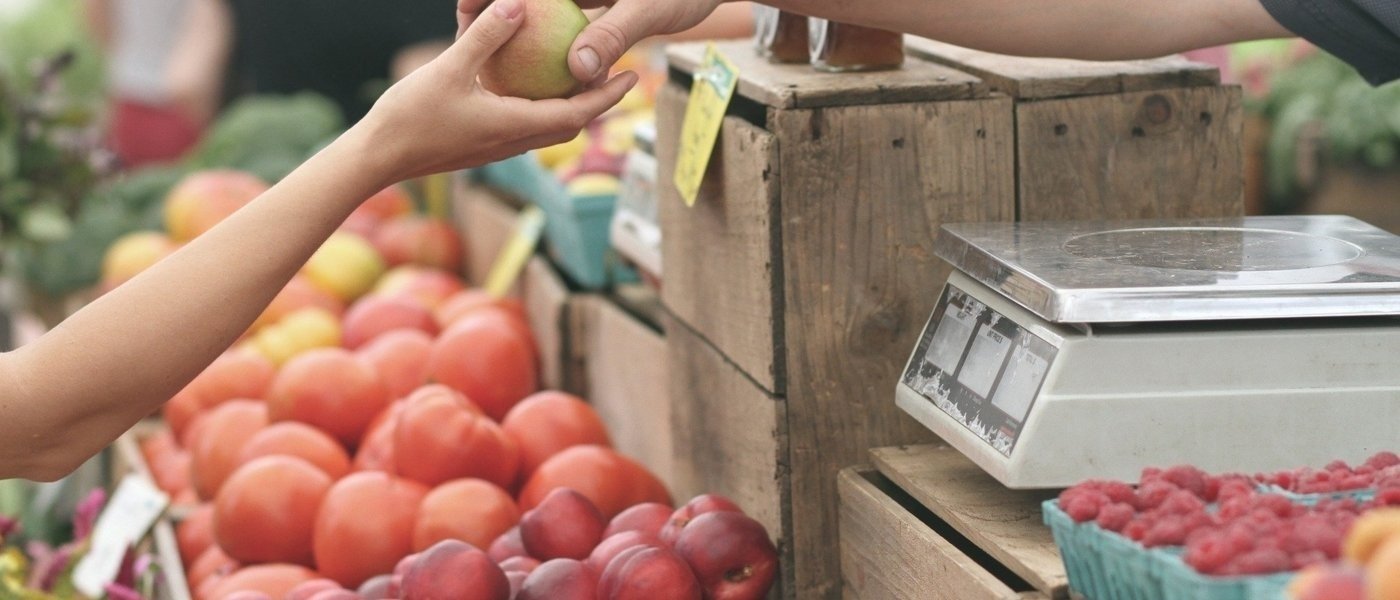Gourmet Walking Tour in Burgundy
The wine region of Burgundy is a combination of areas, villages, appellations and -sometimes tiny -vineyards. So, it's not always easy to find your way around. Located in the east of France, Burgundy is made up of six major wine areas, from north to south: Chablisien near Auxerre, Côte de Nuits and Côte de Beaune, Côte Chalonnaise, Maconnais and finally, Beaujolais. Each of these regions has its own character. Beaujolais is well known throughout the world for its Beaujolais Nouveau, launched every third Thursday of November with great cheer and speculation as to the quality and aromas of the year's vintage! Côte de Nuits boasts some of the most expensive Pinot Noir red wines in the world, such as Romanée-Conti, whereas Côte de Beaune is the terroir of some of the most amazing white wines you will ever taste.
Burgundy is a region of many facets which attracts visitors for a whole host of reasons, other than wine: countryside, nature, heritage or gastronomy. It has a remarkable historical heritage, vestiges of its powerful medieval era. Prestigious sites such as the abbeys of Cluny and Vézelay, the Hospices de Beaune or the historical centre of Dijon with its Palais des Ducs de Bourgogne, are just some of the must-sees.
In the heart of the region, the vineyard of Côte de Beaune is closely linked to its capital, Beaune, which is the historical and economical centre of the winemaking industry of Burgundy. The vineyards surround the town, from Ladoix-Serrigny in the north, to Cheilly-lès-Martanges in the south. Only two varietals are to be found here: Pinot noir for red wines and Chardonnay for white. The region unfolds over 30 or so kilometres, travelling through 20 communes, over thirty specific appellations. Meursault, Corton-Charlemagne, Montrachet, are just some of the magical names that make the taste-buds of many a wine-lover tingle.
There's something for everyone to discover in Côte de Beaune and wine isn't the only thing that makes the pitturesque town of Beaune worth a visit. The town offers visitors the chance to appreciate the riches of history and the long-standing French traditions of fine food and wine. Explore the charming streets of the town and enjoy the local architecture.
Beaune is not only a city of art and history but also a paradise for gourmets – you will discover some of the local specialties.
Highlights:
- Discover the historical town of Beaune on foot with your personal guide
- Visit the Fromagerie Hess where you will be able to taste a variety of local cheeses.
- Taste the local gingerbread at the Maison Mulot.
- Take a sip of Crème de Cassis, the local blackcurrant liqueur, at the Védrenne establishment.








